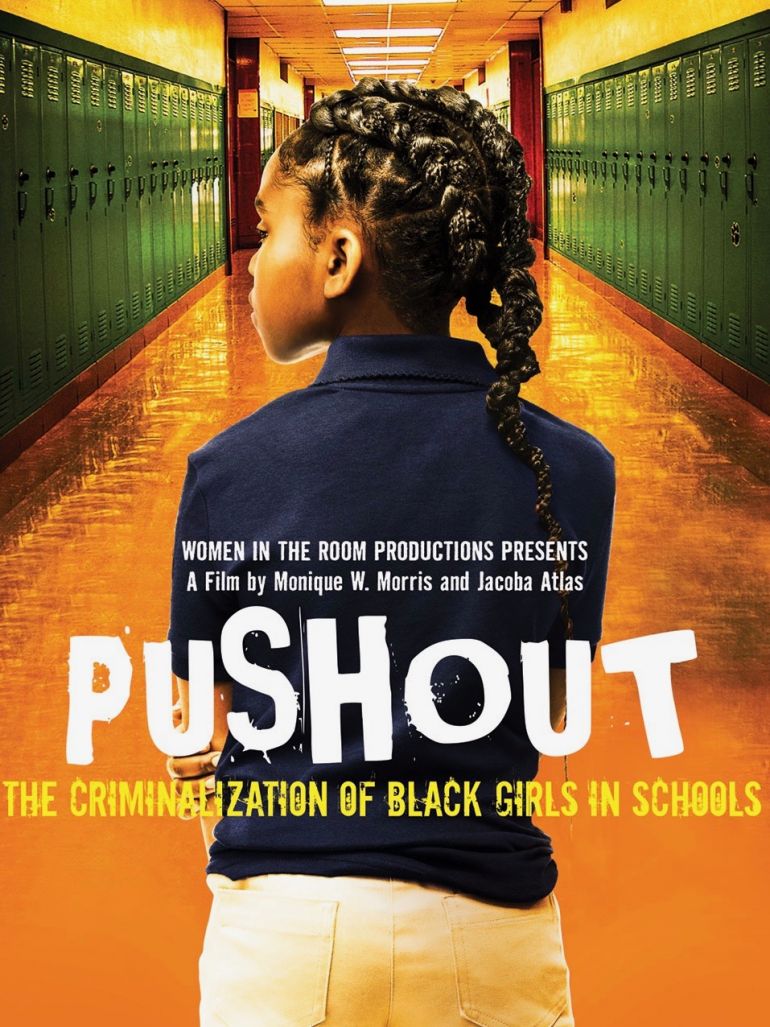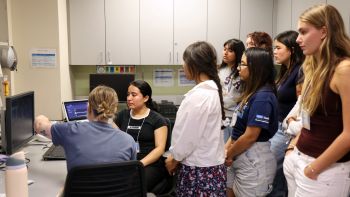Pushout, Dr. Monique Morris’s new documentary, kicked off its cross country screening tour this fall, exploring the policies, practices, and beliefs that are pushing a disproportionate number of black girls out of school.
Many of the reasons for this pushout are system-related, and developmental science offers some explanation for why this issue becomes magnified during the middle and high school years.
Brain changes at the beginning of puberty appear to increase attention to social belonging and earning admiration and respect in early adolescence. For many of the girls being “pushed out,” this sensitivity is tested daily at school by metal detectors, scans for dress code violations, disciplinary policies that are often applied more harshly to black students compared to their white peers, and other daily manifestations of implicit bias.
“We all would react with a little bit of righteous indignation if people tried to control us or tell us what we should do, but that’s amplified further during this developmental window,” said Dr. Ron Dahl, the Center’s Founding Director. “Being treated in a way that feels demeaning, being controlled by others, or even subtle indications that you’re not valued or you don’t belong here can activate POWERFUL feelings of social threat during adolescence.”
The fact that black youth are more likely than their white peers to have experienced trauma related to racism, poverty, abuse can intensify this developmentally sensitized feeling of social threat.
Adolescents’ particular sensitivity to being treated respectfully can also create opportunities for healing and building resilience. Just as contexts and situations that threaten young people’s status and belonging can evoke anger and lashing out, educational environments that provide empathy and support from trusted adults can create long-lasting learning opportunities that provide positive outlets for youth to use their power.
“When girls get in trouble, we need to bring them in closer,” says Dr. Morris. That, she explains, is how we turn schools into places of healing, so they can become places for learning.
Pushout is screening at events across the U.S. this fall. Visit www.pushoutfilm.com for dates and locations.



